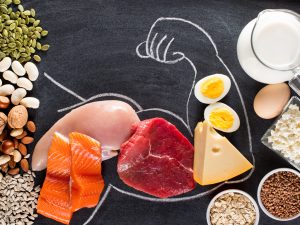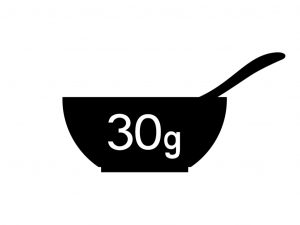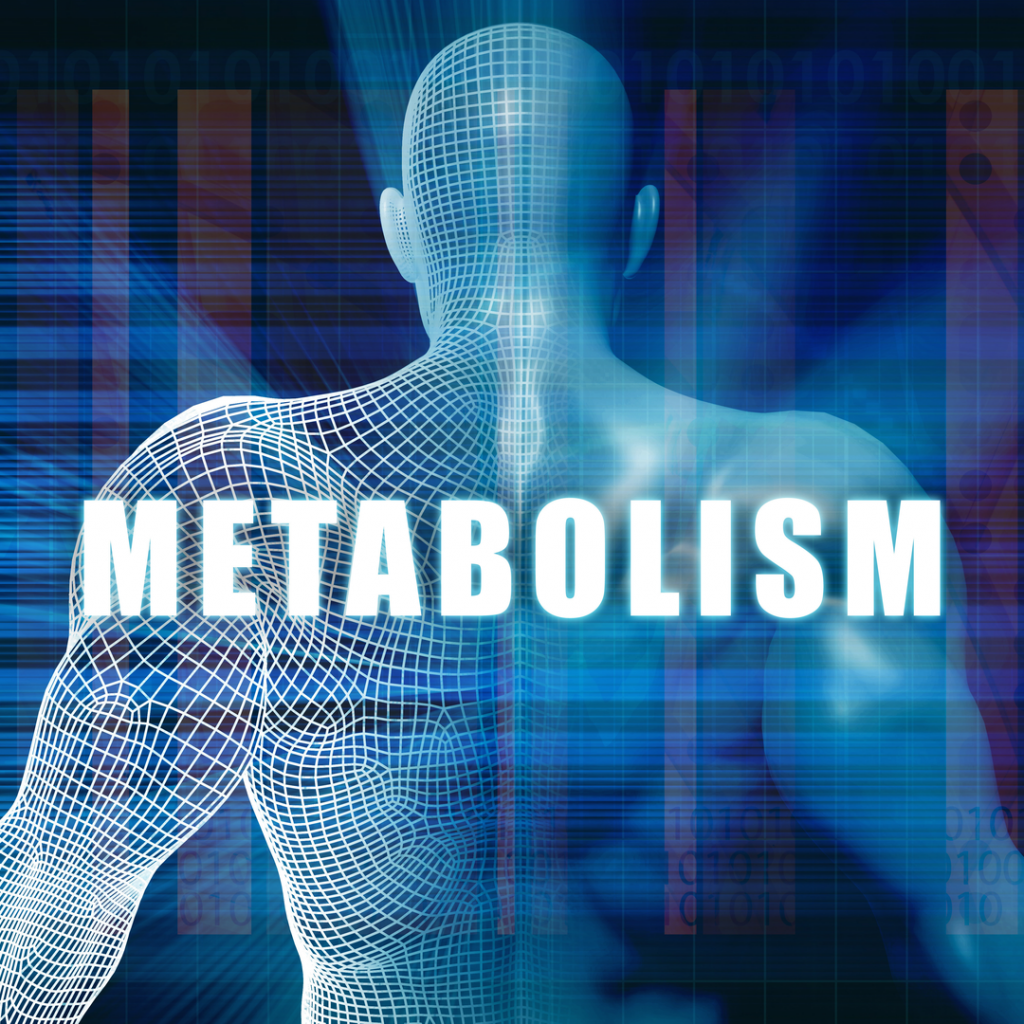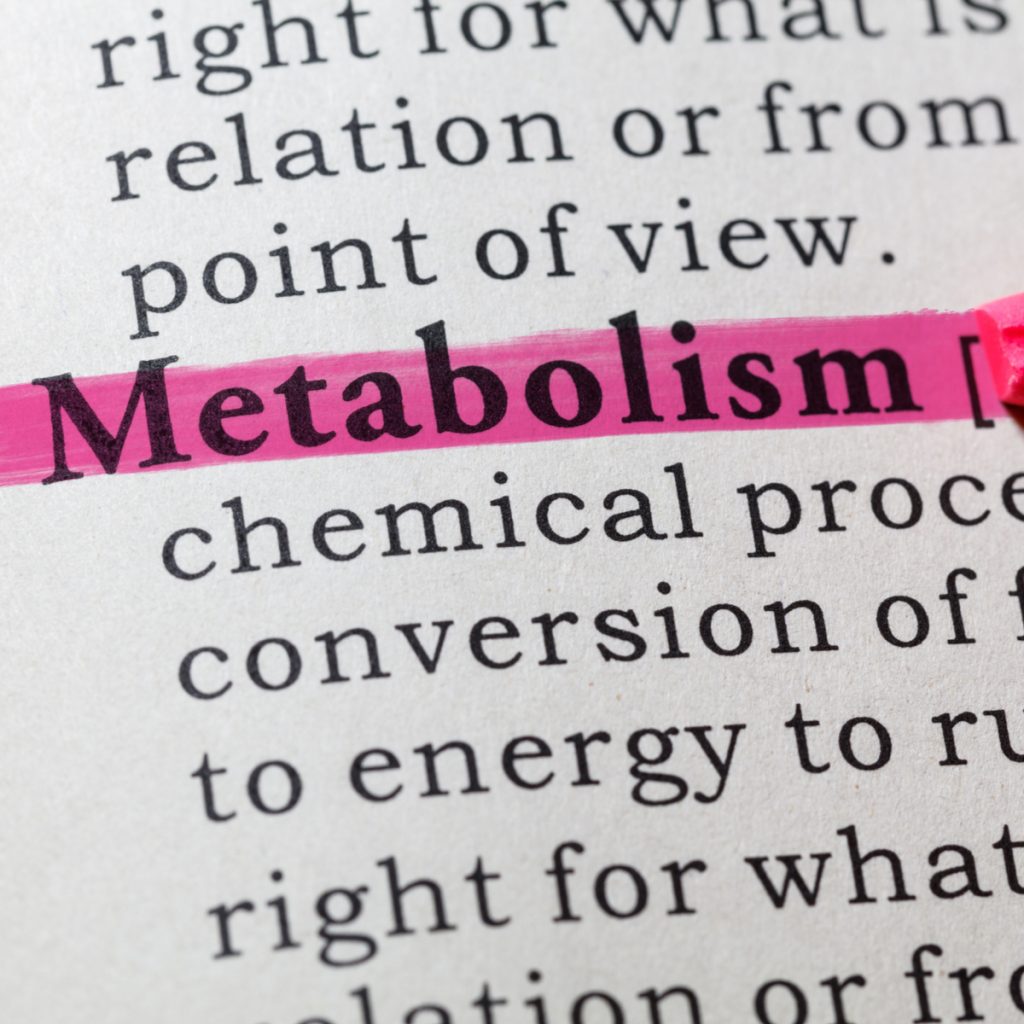Protein is a popular nutrition topic, especially for weight loss, but do you understand how to select protein to optimize your diet? Busy lifestyles, conflicting advertising, and an internet full of opinions can make creating a healthy diet both confusing and difficult. Please don’t worry, we’re here to help you sort it out, once and for all, with this Protein Foods for Weight Loss List!
Switching to a higher protein diet can have a huge impact on your overall health. Protein has a lot of great benefits that will help lay the groundwork for building a healthy lifestyle. Best of all, solid science shows foods high in protein will help with weight loss. To help you get started here is the ultimate guide to Protein Foods For Weight Loss.
What Does Protein Really Do For Me?

During the past 20 years, hundreds of research studies have shown the benefits of higher protein, reduced carbohydrate diets for weight loss. These diets increase weight loss, increase fat loss, protect lean tissues including muscles, and improve metabolism especially related to regulations of blood sugar, insulin, and triglycerides. While there are multiple diets that can produce weight loss, higher protein diets are consistently superior for long-term benefits. To produce weight loss, every diet must reduce calories, but a higher protein diet does this more efficiently.
The purpose of creating a higher protein diet relates to the metabolic benefits. A higher protein diet protects and energizes the fat-burning muscles of your body. Compared with other diets, you can lose more body fat with a higher protein diet while eating equivalent calories. Also, a higher protein diet makes you more satisfied and reduces the temptations for snacking and overeating. Dietary protein activates hormones in your intestines and your brain to make you less hungry.
What Does a Higher Protein Diet Really Mean?
 Great question to ask! The range for healthy protein intakes goes from a minimum of about 60 grams per day up to a high end of about 250 grams per day. Currently, most Americans are in the range of 70 to 90 grams. That means the average adult is at the low end of the recommended range. A “higher” protein diet for weight loss should be in the range of 100 to 160 grams per day. These values are higher but not high. Your optimum amount relates to your body weight and your health goals. Use our Protein Calculator to get your specific amount.
Great question to ask! The range for healthy protein intakes goes from a minimum of about 60 grams per day up to a high end of about 250 grams per day. Currently, most Americans are in the range of 70 to 90 grams. That means the average adult is at the low end of the recommended range. A “higher” protein diet for weight loss should be in the range of 100 to 160 grams per day. These values are higher but not high. Your optimum amount relates to your body weight and your health goals. Use our Protein Calculator to get your specific amount.
Three Principles for Creating a Higher Protein Diet for Weight Loss
1. First, get adequate protein each day. For weight loss, your intake should be 0.73 grams x body weight goal (not current weight); and the total amount should not be less than 100 grams/day.
2. Distribute the protein at each meal. You need to consume at least 30 to 40 grams of protein at each meal; and the most important protein meal of the day is the first meal. This meal establishes your fat-burning potential for the rest of the day.
3. Reduce daily carbohydrates to less than 130 grams/day. To correct your metabolic health, you need to balance your protein and carbohydrates at each meal to a ratio of about 1-to-1. That means breakfast, lunch, or dinner meals with 30 grams of protein cannot contain more than 30 grams of carbohydrates. A typical American cereal breakfast has about 10 grams of protein and more than 60 grams of carbs … a ratio of 1-to-6.
The Ultimate Guide: Protein Foods For Weight Loss (LIST)
High Protein Foods for Weight Loss (Meals):
These foods have a high ratio of protein per calorie with greater than 10 grams/100 calories. These foods are said to be “protein dense” because they are low in both carbohydrates and fat. They also have high protein quality and bioavailability. These characteristics make them ideal foods sources for creating weight loss meals.
- Meats: (lean, roasted or broiled; contain at least 8 grams protein/ounce)
Beef (sirloin)
Pork (loin)
Chicken (skinless)
Turkey
- Fish: (baked or broiled; contain about 6 grams protein/ounce)
Salmon
Tuna
Halibut
Trout
Shrimp
- Soy products:
Tempeh
Tofu
- Egg Whites
- Whole Egg (8.6 grams/100 calories)
- Milk (2% fat; 8.2 grams/100 calories)
Moderate Protein Foods for Weight Loss (Meals)
These foods are good sources of protein but also contain high amounts of carbohydrates or fat resulting in lower protein density (less than 8 g/100 calories). These foods generally have lower bioavailability (lower digestion) associated with high fiber content.
When using these foods, you must consider the protein-to-carbohydrate ratio in creating your meal. These foods are best used in combination with one of the High Protein foods above or the Protein-rich Convenience foods below to meet your protein target while also controlling carbohydrates.
- Kidney beans (6.8 g protein/100 calories; Prot/Carb = 1:3)
- Navy beans (6.1 g protein/100 calories; Prot/Carb = 1:3)
- Black beans (6.4 g protein/100 calories; Prot/Carb = 1:2.5)
- Lentils (7.7 g protein/100 calories; Prot/Carb = 1:2)
- Chickpeas (garbanzo beans) (5.4 g protein/100 calories; Prot/Carb = 1:3)
- Peanut butter (3.7 g protein/100 calories; Prot/Carb = 1:1)
- Cheese (Coby: 6.4 grams/100 calories; Prot/Carb = 1:1)
Protein-rich Foods For Weight Loss (Snacks)
These foods can be used as part of meals to increase total protein or as a satisfying snack. These foods are good protein sources that are also low in carbohydrates but, beware, many of these foods are high in calories. Using these foods as a snack may be detrimental to your weight loss efforts. Use these foods to balance out a convenient lunch.
- Nuts (almonds)
- Peanut butter and celery sticks
- Hummus with vegetables
- Beef jerky
- String cheese
- Cottage cheese
- Greek yogurt
- Milk
- Hard boiled eggs
- Turkey or ham roll-ups (turkey or ham with cheese)
- Edamame
- Sunflower seeds
- Protein shakes
Now that you have a better understanding of the protein foods for weight loss. Go ahead and use our Protein Calculator to see how much protein you should be taking each day to reach your personal goals.



